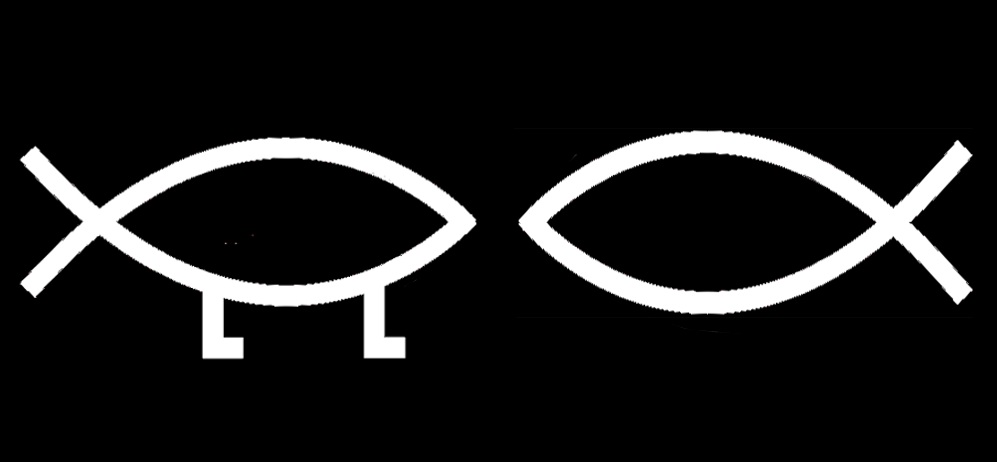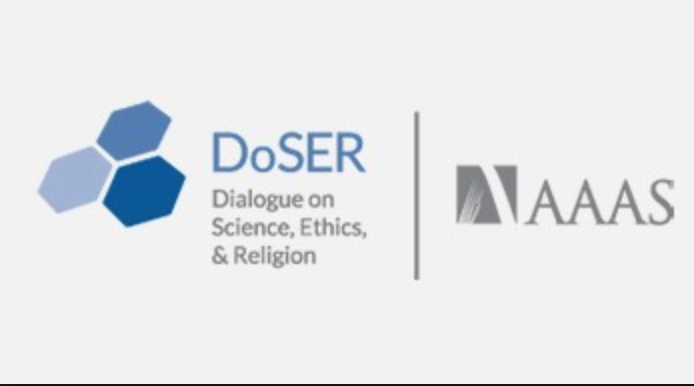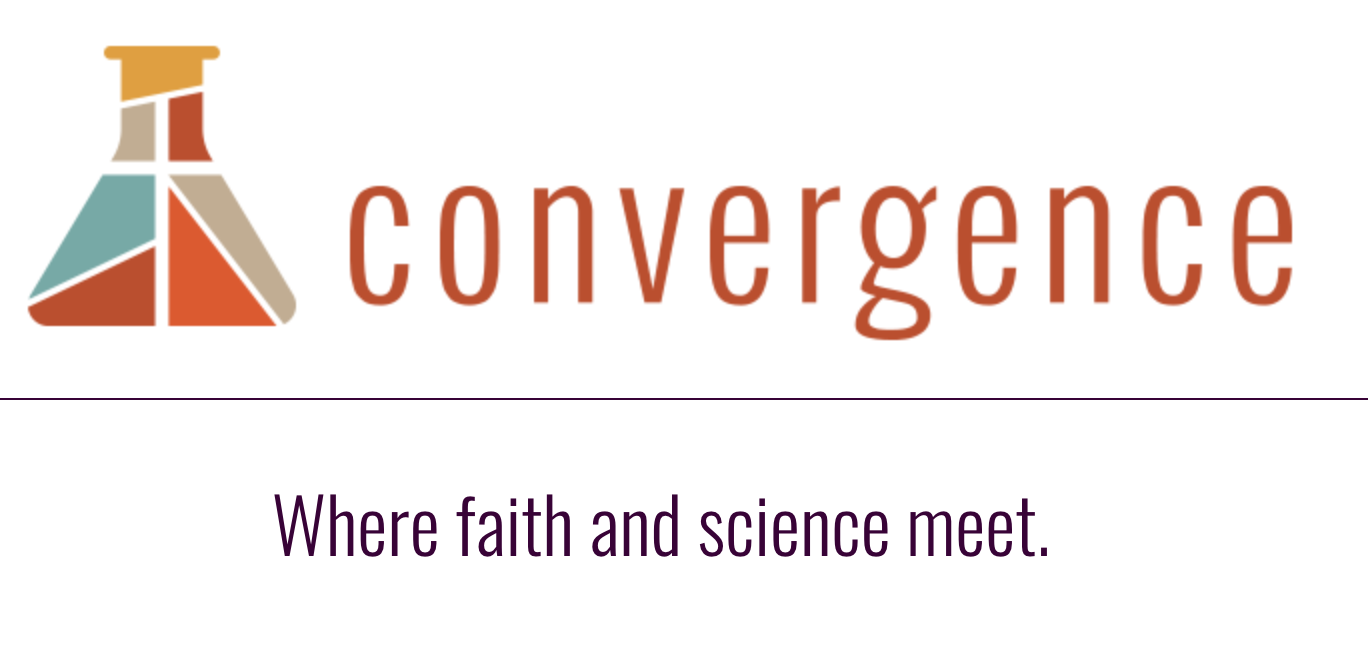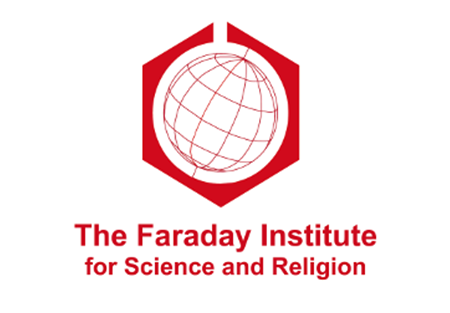Recommended Science and Faith Organizations
There are many voices attempting to shape the Church's relationship with science, with various levels of scientific credibility. While I cannot attest to every single item on each website, the following organizations bring together legitimate scientists and earnest Christians to help individual Christians - and the Church as a whole - fit the pieces of science and faith together. They are roughly ordered by favoritism.
The BioLogos Foundation, founded by Dr. Francis Collins (MD, PhD) is dedicated to science education and discussion within Christianity. The group hosts an excellent FAQ page for science and faith topics, a large collection of resources, and a national roster of experts who give guest lectures at school or church gatherings.
The American Association for the Advancement of Science is the world's largest general scientific society and the publisher of the prominent peer-reviewed Science. AAAS also houses the Dialogue on Science, Ethics, and Religion. The group developed a program called "Science for Seminaries," which attempts to implement science education into theological curricula. Their resources page contains many interesting syllabi and study guides, and DoSER also produced a fantastic video series about topics in science and faith called "Science: The Wide Angle."
The American Scientific Affiliation is a group of Christians in the sciences. Among other resources and networking activities, they publish a peer-reviewed publication, Perspectives on Science and Christian Faith.
Princeton Theological Seminary's Institute for Youth Ministry is building a website called Science for Youth Ministries focusing on science content for youth groups. I particularly enjoyed Megan DeWald's short essay, "Apophatic Science and Dark Matter Theology," a devotional approach to astrophysics.
The STEAM Project is a practical organization run by Fuller Seminary that equips congregations to engage with science topics. I’m a big fan of the director, Greg Cootsona, who runs a great weekly newsletter on science and faith topics called Science for the Church.
Christians in Science is a UK-based affiliation of Christians in the sciences, with a particular attention towards students. Their resources section houses a series called "Being a Christian In...," which focuses on scientific careers, and "Thinking About..." which focuses on specific topics.
Randolph-Macon College hosts Convergence, a week-long summer program for high school students centered around science and faith. A great resource for any teenagers living near Richmond.
The Evangelical Lutheran Church in America (ELCA) hosts an "Alliance for Faith, Science, and Technology" that is well-stocked with recommendations and practical resources for all ages, plus a science and faith magazine, Covalence.
Scientists in Congregations sponsored 35 churches to focus on science and faith in local congregations. They kept all of the best resources, and have a collection of model churches with outstanding approaches. New Hope Christian Reformed Church in Calgary has a particularly worthwhile collection of sermons, and Trinity Lutheran Church in Minnesota pulled together several age-appropriate curricula for students K-12.
The Zygon Center for Science and Religion is supported by the Lutheran School of Theology in Chicago. They publish the journal Zygon and host regular programs -- including science-themed seminary classes -- in Chicago. Their modules are also helpful.
Ilia Delio is the rare person with graduate degrees in both biology and theology. She’s also a Franciscan Catholic nun and a theology professor at Villanova, making her an excellent role model for integrating science into practical Christian life. Her organization, the Omega Center, publishes lots of resources on theology and mysticism on science and faith.
The Faraday Institute for Science and Religion is hosted by St. Edmund's College at Cambridge University, UK. They have a large association of professional faculty members, as well as a thorough resources section (including many recorded Cambridge lectures) and a site with K-12 resources. Faraday also developed Test of Faith, a book, film, and course introducing science and religious topics.
The International Society for Science and Religion, founded by the Templeton Prize winner John Polkinghorne, is distinguished from other groups by being both international and inter-faith. They have a collection of ambitious projects, including a comprehensive library of crucial texts in the conversation between science and religion.
FASTly provides lesson plans for a variety of science and faith topics, including the Bible, Biology, Chemistry, and Physics.
The Center for Theology and the Natural Sciences, hosted by the Graduate Theological Union in Berkeley, CA, "promotes the creative mutual interaction between theology and the natural sciences." They publish the journal Theology and Science.
The Institute on Religion in an Age of Science is a society of individuals -- mostly professors -- interested in science and faith. They host a yearly conference in the summer.
Ralph Wendell Burhoe, the 1980 winner of the Templeton Prize, founded The Center for Advanced Study in Religion and Science (CASIRAS). The group supports the Institute on Religion in an Age of Science and the Zygon Center, co-publishes the journal Zygon, and also supported a curriculum for youth groups exploring topics in science and religion.
The Science and Religion Forum was established at Oxford University in the 1970s as a hub for discussion on scientific and religious issues. They host an annual conference and a student essay contest.
The Big Questions Online, funded by the John Templeton Foundation, serves as a platform for accessible, interdisciplinary, questions about the fundamental elements of humanity.
Discovery and Faith is a new organization developing scientifically-aware Sunday School curricula. The founder, Jennifer Secki Shields, spent time as a graduate student in Ecology and Evolutionary Biology at the University of Virginia, and she has served as a Director of Christian Education at a United Methodist church.
The British Christian apologetics website Christian Evidence has a section on faith and science that features interviews with a number of prominent figures in the field.
Although the website is a bit clunky, CounterBalance has collected an impressive amount of essays and clips on various science and faith topics.
The Presbyterian Church (USA) hosts a Presbyterian Association on Science, Technology, and the Christian Faith. The website is sparse but active, and could be a good network for clergy.
Blessed Earth, founded by a former ER physician who became a pastor, focuses on resource stewardship. Their Seminary Stewardship Alliance has over 40 member schools.























